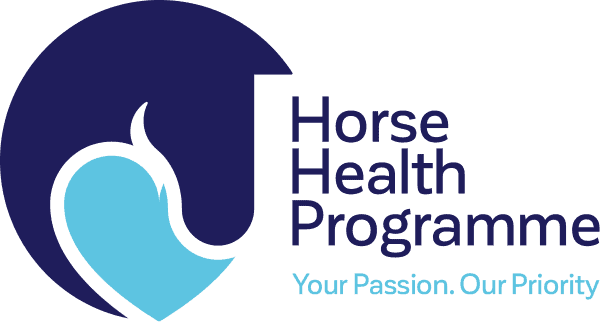Veterinary & Health
Veterinary & health care for your horse
Applying a foot poultice
The most common reason for very severe lameness in horses is a solar abscess or "pus in the foot". This is most common after wet weather when the bottom of the foot becomes softer and more likely to b...
Antibiotic resistance
Antibiotic resistance is increasing throughout human and veterinary medicine, and at the same time there are no new classes of antibiotics being produced. This means that there is an increasing popula...
Supplements
Using Supplements The market for supplements is huge and many owners find different supplements useful for caring for their horse. However, it is easy to become overwhelmed by the vast number of options available for your horse. Manufacturers of supplements do not have to tell you how much of an...
Moody mare – is it her hormones?
Mares are seasonal breeders and require long, light days to induce follicular activity. In the UK, most mares begin cycling naturally from mid-March and continue until autumn. This is when they enter ...
Sarcoids
What are Sarcoids? Sarcoids are a relatively common tumour seen in horses of all kinds. Although they generally cause no major health problems because they are limited to spreading on the skin alone, the presence of sarcoids can cause irritation, problems with tack and a loss of value if selling ...
Bandaging
When your horse is injured a bandage may be needed to keep the wound clean, prevent movement and apply pressure so that the wound can heal more quickly. Large wounds and any wound over the knee, hock or fetlock should be checked by your vet. What do you need in your bandaging kit? It is a good ...



